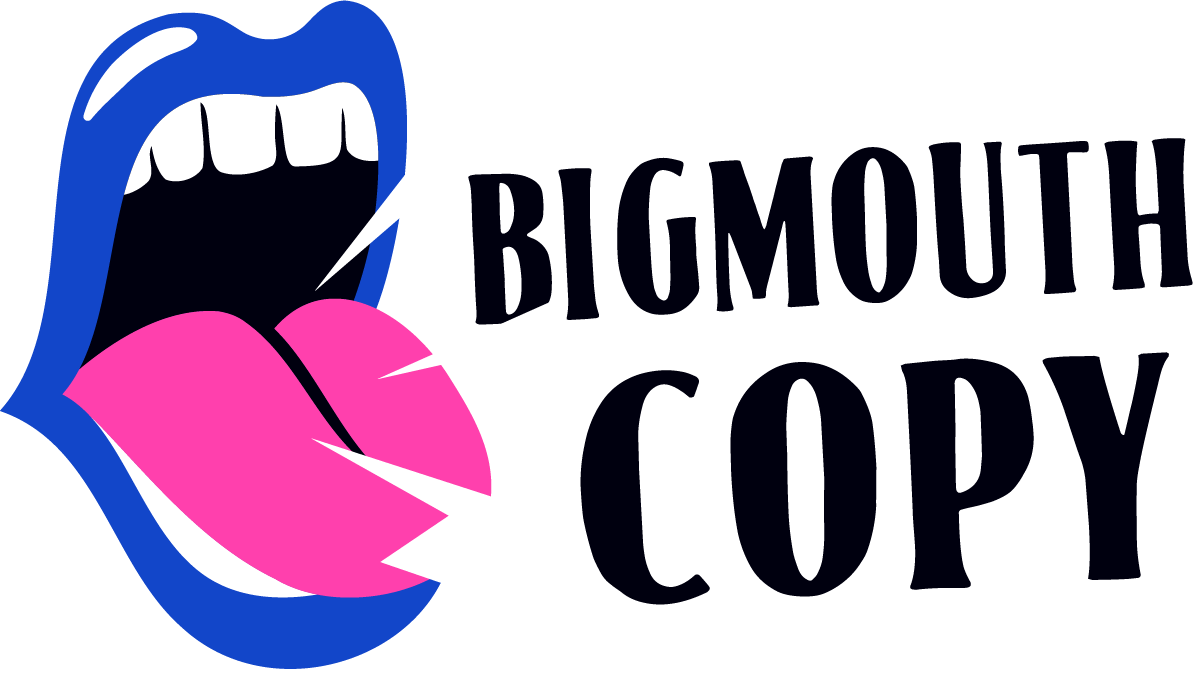The Difference Between Sales & Marketing
What’s the difference between marketing and sales?
We get this question often, and the easiest way to explain it is with analogy.
No matter how you serve clients on their wedding day, let’s pretend for a moment that you have a brick-and-mortar store. Marketing is everything you do to get people to come to your store. Sales is what you do once someone is in the store to make them purchase something from you.
In the analogy, examples of marketing might be an ad you played on the local radio station, posts on your social media platform, a sandwich board sign you placed out front of your shop on the sidewalk… all things that convinced a customer to show up at your shop.
Inside your store, examples of sales techniques include the pricing and descriptions you include with your products, the layout and design of the store, and your employees and what they say when they speak to customers.
If you own a storefront, like a bridal boutique or hair salon, then the analogy isn’t an analogy — it’s real life. If you own an online business (maybe you’re a wedding DJ or an officiant), then your “storefront” is your website.
In both cases, there is a chance that someone could find your store without you doing any marketing. Perhaps they walk down the street, glance up, and there’s your store. There’s also a chance someone could buy something from your store without any sales techniques. But the chances for both cases are slim.
This is why it’s so important that you have both sales and marketing techniques in place to help you close the sale and get couples working with you for their wedding.
Sales and marketing are two halves of the same coin.
Sales vs. Marketing: Which Do I Start With?
Though both are important, you need to start with sales first.
Why? Because let’s say you’ve got killer marketing — you’re posting on Instagram, you’re guest-speaking on podcasts, you’ve paid for a few ads… All of those marketing tactics are bringing people to your storefront — your website. If your website sucks (they can’t find their way around, it’s not clear what you offer or what the benefits are, you don’t have prices listed anywhere), clients will have a terrible experience and leave without buying. And that’s the last thing we want because you worked so hard to get your clients there! So, we start with your digital storefront, a.k.a. your website.
This is why we always call your website your No. 1 sales tool. Think of it like a shop and an employee all rolled into one.
How Do I Create a Sales-Focused Website?
All websites have two main components to consider as you make them: copy and design.
Both the words on the page and the look of the page need to be in harmony, telling the same story for your clients.
Here’s another analogy for ya: If you have awesome copy with bad design, the words won’t be as strong (kinda like a conversation with a smart guy wearing shabby clothes and a bad haircut — it’s hard to take him seriously). If you have killer design but poor copy, you’ll draw customers in but they won’t stay (kinda like a conversation with a handsome man who you want to chat with, until you realize he’s a total air-head).
It’s much easier to give the first guy nicer clothes and a good haircut than it is to make the second guy smarter, so, between the two, we always recommend starting a website redesign project by investing in good copywriting.
But Wait, There’s More
If you go out and start Googling website copywriting, you’ll find a concept called “conversion copywriting,” which pushes customers to buy from you.
“Great!” you think to yourself as you hire one of those writers. But we’d caution you to hold up. Conversion copywriting is ideal for certain industries, like tech and SaaS, but it’s not enough for the wedding industry.
Your prospects are looking for someone who can perform on their wedding day, yes, but what they’re really looking for is a wedding vendor they connect with.
Their wedding is emotional, so they’re making buying decisions based on emotion, too.
That’s why it’s so crucial for a wedding pro’s website copy to be packed with personality and storytelling, so clients can start to fall in love with you online. Mix in just the right amount of conversion copywriting, and you’ve got yourself the perfect wedding vendor website, my friend.
This is exactly what we do at Bigmouth Copy: create authentic, inclusive, personality-focused websites for wedding vendors. And we’d love to help you turn your digital storefront into the best sales tool you’ve ever had.
